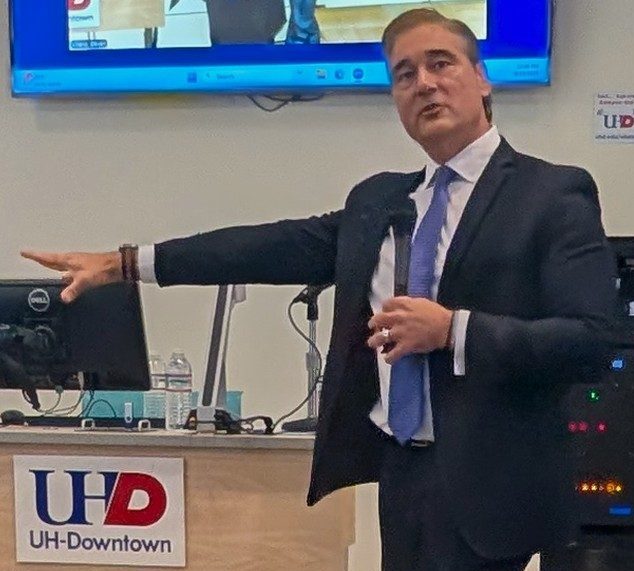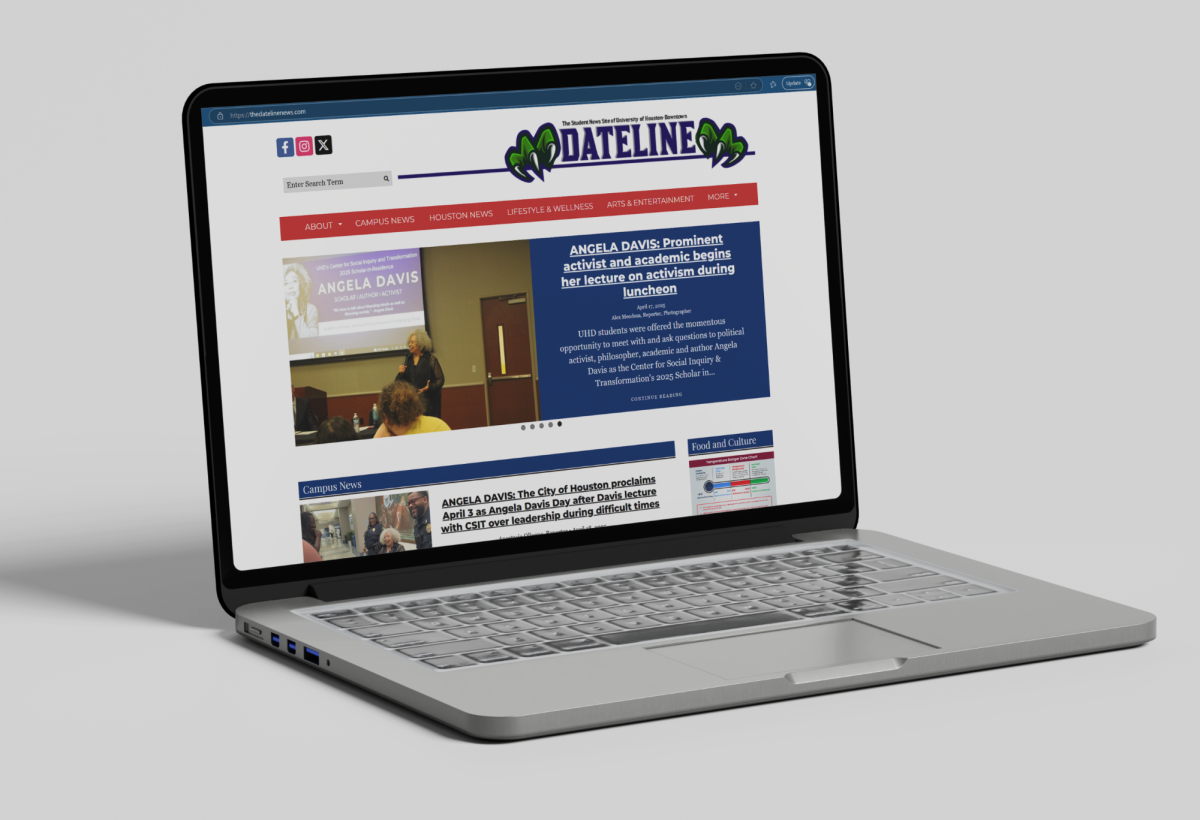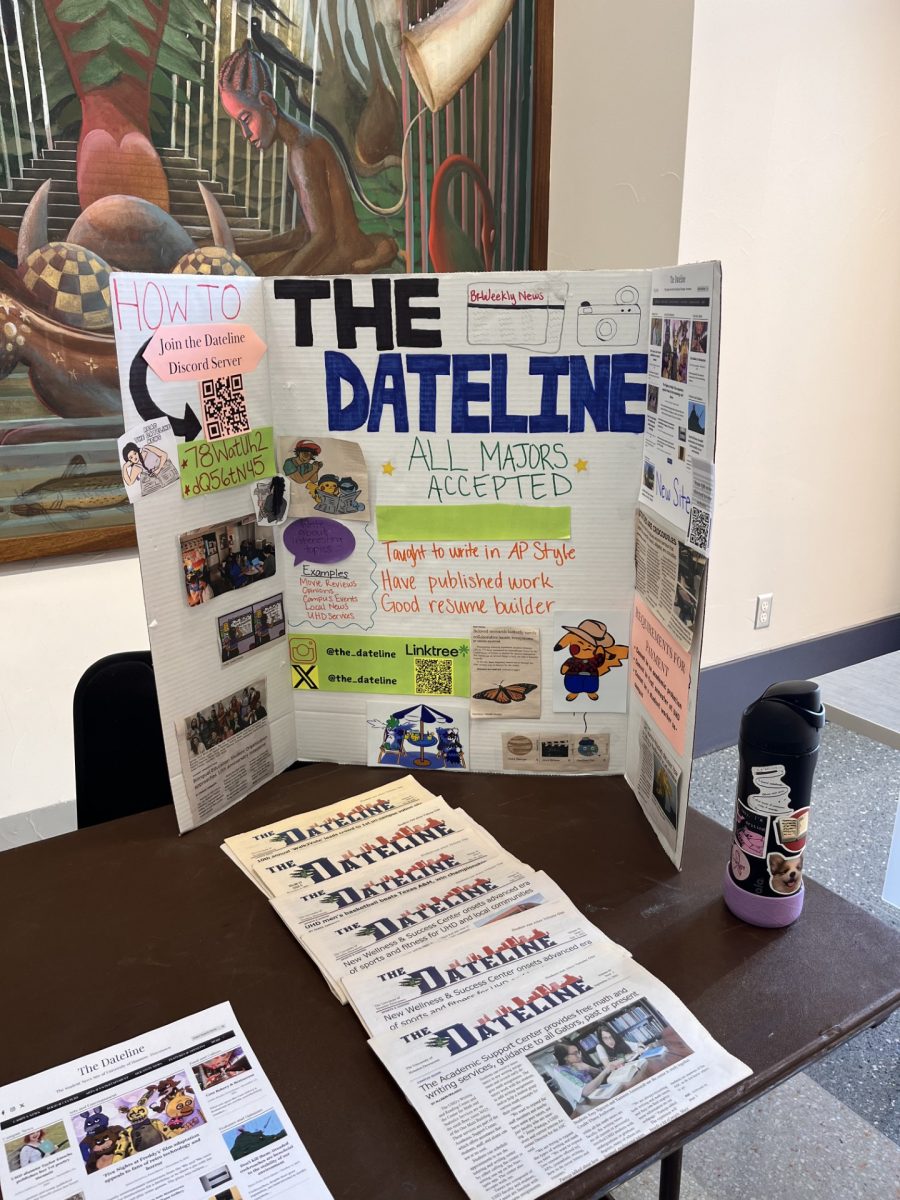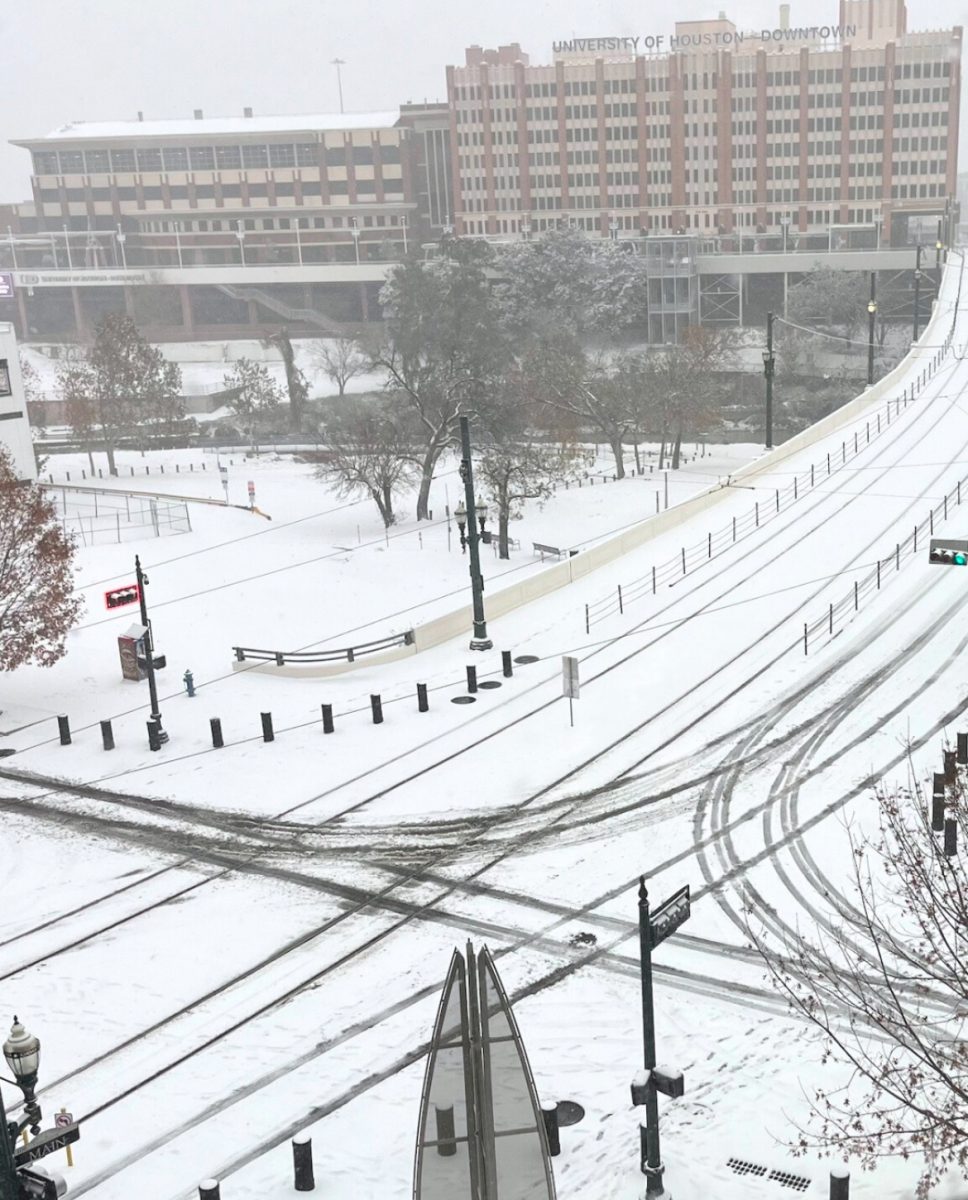Students received a rare snow day in Houston the week of Jan. 20, with a storm that blanketed the Houston metro area.
Many cities in South Texas experienced snowfall in record amounts, and the coastal cities south of Houston had the rare experience of having snow on the beach, juxtaposing the southern retreat with a meteorological novelty.
Cities in the southern states of the U.S. often struggle with winter weather events due to a lack of preparedness for snow, ice, and freezing temperatures. These cities, accustomed to mild winters, typically do not have the infrastructure in place to manage such conditions.
Snow removal teams are scarce, and road salt is not stocked in the same quantities as in colder regions, making it difficult to clear roads quickly. As a result, when snow or ice accumulates, roads become hazardous, leading to accidents, traffic delays, and a lack of mobility for residents.
Additionally, Texas public services, including fire, ambulance, and police departments, often face overwhelming demand during winter storms. Icy conditions lead to a spike in emergency calls, ranging from car accidents to health emergencies caused by the cold.
The increased workload, combined with limited resources and fewer vehicles equipped for icy conditions, can slow response times and stretch public safety departments thin.
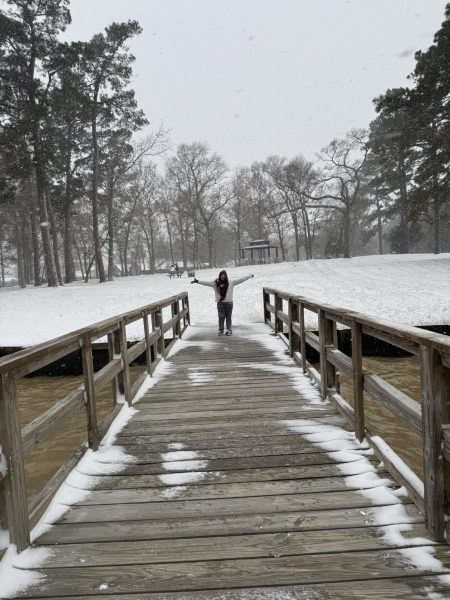
UHD and other local educational campuses closed operations in preparation for the storm. Classes and activities were suspended as temperatures remained chilly and the hazards of ice and lingering snow made driving in most of Harris County treacherous.
In Houston, the recent snowstorm brought memories of the 2021 freeze when the city recorded temperatures as low as 13 degrees Fahrenheit, and around 1.5 million people in the Houston area experienced power outages. The winter storm in February 2021 caused widespread disruption across Texas, including major cities like San Antonio, Austin, and Houston. The storm also caused water system failures, leaving tens of thousands without running water for extended periods.
The Electric Reliability Council of Texas reported that the grid was pushed to its limits as demand for electricity soared, leading to rolling blackouts. The 2021 storm caused significant strain on the state’s energy infrastructure, with natural gas pipelines and power plants freezing, contributing to the energy crisis.
Houston also saw a considerable increase in emergency room visits due to hypothermia, carbon monoxide poisoning, and injuries from ice-related accidents. The storm’s widespread effects on infrastructure, power, and basic services made the 2021 freeze one of the most devastating winter weather events in Texas history.
Winter Storm Enzo did not have as significant an impact as the 2021 freeze, for the snow diminished as early as Jan. 24, and most institutions and businesses had resumed operations as of that morning.
Winter Storm Enzo activated utility teams as CenterPoint Energy reported to have secured an added 1,200 mutual aid workers that arrived on Jan. 20 in anticipation of the coming storm. The company set up three staging sites and positioned crews to support potential restoration efforts.
The National Weather Service reported a record of 1.2 inches of snow at George Bush Intercontinental Airport and three inches at William P. Hobby Airport on Jan. 21, and a record low temperature at Hobby Airport of 18 degrees Fahrenheit on Jan. 22.
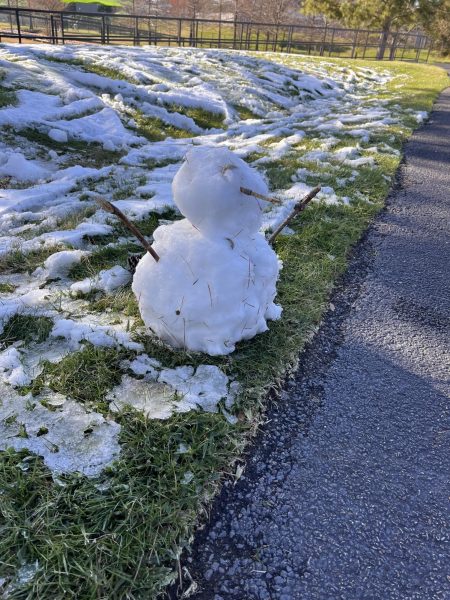
Following the historic Winter Storm Enzo and an overnight hard freeze, CenterPoint Energy shared on Jan. 22 that approximately 99 percent of its
Greater Houston area customers had kept normal electric service throughout the duration of the extreme winter weather event.
Information about local and regional weather events is available through multiple resources including local television outlets, streaming channels, and social media. Residents are encouraged to frequently check outlets for updates as conditions develop.
Historical and recorded information is available via NOAA’s National Centers for Environmental Information, and reports and historical information can be found at the site record database, Climate Data Online.
For information about campus closures and activity suspensions, subscribe to the Everbridge alert system. You can register to receive emergency alerts through email, text message, voice call, or mobile app push notification by downloading the free Everbridge app from the Apple or Android app store.

